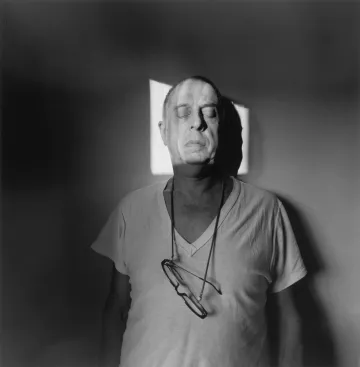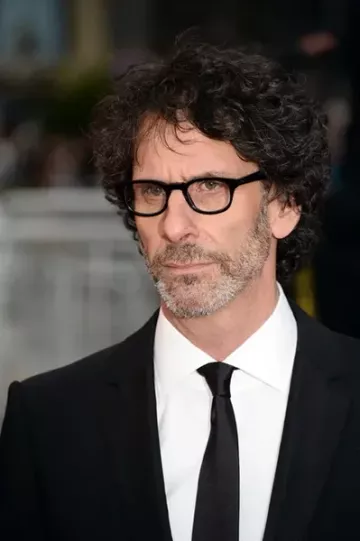Included among the many monographs designed and published by Friedlander himself are Sticks and Stones, Lee Friedlander: Photographs, Letters From the People, Apples and Olives, Cherry Blossom Time in Japan, Family, and At Work. Starting in 2017, the artist and Yale University Press released an ambitious six-book suite collectively titled The Human Clay—a sweeping collection of street and environmental portraits culled and edited by Friedlander from his extensive archive, many not previously published. Recent projects, such as Signs, Chain Link, Dog’s Best Friend, and Lee Friedlander Framed by Joel Coen have continued the focus on revisiting Friedlander’s 60+ year archive, finding new connections and themes that have run throughout his career.
Friedlander’s work was included in the highly influential 1967 New Documents exhibition, curated by John Szarkowski at the Museum of Modern Art in New York. In 2005, Friedlander was the recipient of the prestigious Hasselblad Award as well as the subject of a major traveling retrospective and catalogue organized by the Museum of Modern Art. In 2010, the Whitney Museum of American Art, New York, exhibited the entirety of his body of work, America by Car. In 2017, Yale University Art Gallery exhibited and published some of his earliest work, photographs of participants in the 1957 Prayer Pilgrimage for Freedom in Washington, D.C. In 2020, Fundación MAPFRE in Madrid organized a major retrospective, which traveled to Barcelona, Berlin, and other cities. His work is held by major collections including the Art Institute of Chicago; George Eastman Museum, Rochester, New York; the Metropolitan Museum of Art, New York; Museum of Modern Art, New York; National Gallery of Art, Washington, D.C.; San Francisco Museum of Modern Art; and the Whitney Museum of American Art, New York, among many others.


